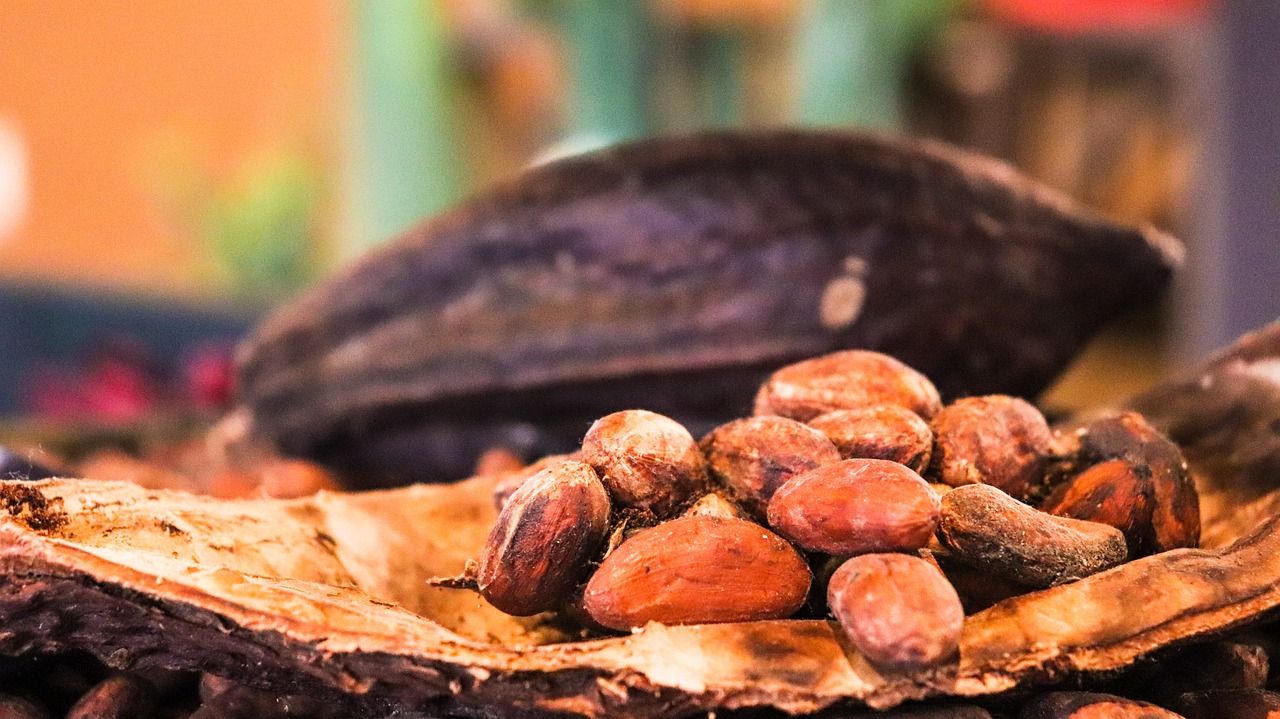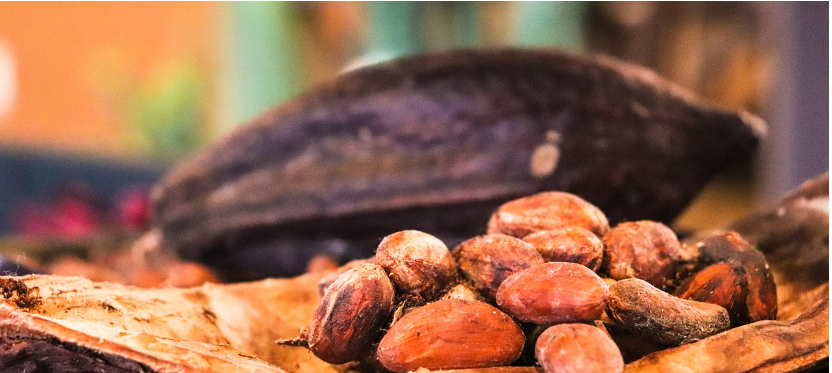
Cocoa prices today are climbing, with London cocoa sharply higher at a 4-month high. Cocoa is rallying today on concern about cocoa crop production in West Africa after forecaster Maxar Technologies said that dry conditions in West Africa this week will lead to unfavorable soil moisture levels that will not support the flowering of the mid-year cocoa crop.
Cocoa prices have been supported due to adverse weather in West Africa. Forecaster Maxar Technologies said parts of Ghana and Nigeria are experiencing dry and hot weather that could impact the cocoa mid-crop, which officially starts in April. Also, recent heavy rains in the Ivory Coast flooded fields, increasing disease risk and affecting crop quality. Recently harvested beans from the Ivory Coast signal lower quality, with counts of about 105 beans per 100 grams. The Ivory Coast cocoa regulator allows exporters to buy bean counts of 80 to 100 or slightly more for every 100 grams, with the best quality cocoa having the lower count.
Shrinking global cocoa stockpiles are bullish for prices. ICE-monitored cocoa inventories held in US ports have been trending lower for the past 17 months and fell to a 19-year low last Friday of 1,656,818 bags.
Cocoa prices fell sharply Monday as concerns about EU deforestation regulations eased after the Intercontinental Exchange said it’s delaying planned changes in its coffee and cocoa contracts until the end of 2025 due to uncertainty about the European Union’s deforestation regulations. Last Friday, NY cocoa posted a 2-month high, and London cocoa posted a 4-month high due to potential supply concerns after the European Parliament voted to change its deforestation regulations, which could curb the supply of cocoa from countries where deforestation occurs.
Another bearish factor for cocoa prices is increased cocoa supplies from the Ivory Coast, the world’s largest cocoa producer. Government data Monday showed that Ivory Coast farmers shipped 548,494 MT of cocoa to ports from October 1 to November 17, up +32% from 415,523 MT shipped the same time last year. Meanwhile, cocoa prices were undercut when the Ivory Coast regulator Le Conseil Cafe-Cacao on October 18 raised its Ivory Coast 2024/25 cocoa production estimate to a range of 2.1-2.2 MMT from a June forecast of 2.0 MMT.
Recent global cocoa demand news was mixed. The National Confectioners Association on October 17 reported that North American Q3 cocoa grindings rose +12% y/y to 109,264 MT. Also, the Cocoa Association of Asia reported that Q3 Asian cocoa grinding rose +2.6% y/y to 216,998 MT. However, the European Cocoa Association reported that European Q3 cocoa grindings fell -3.3% y/y to 354,335 MT.
Cocoa found support after Ghana’s Cocoa Board (Cocobod) on August 20 cut its 2024/25 Ghana cocoa production estimate to 650,000 MT from a June forecast of 700,000 MT. Due to bad weather and crop disease, Ghana’s 2023/24 coca harvest sank to a 23-year low of 425,000 MT. Ghana is the world’s second-biggest cocoa producer, and its 2024/25 cocoa harvest begins in October.
An increase in cocoa production by Cameroon, the world’s fifth-largest cocoa producer, is bearish for cocoa prices. On August 21, Cameroon’s National Cocoa and Coffee Board reported that in 2023/24 (Aug/July), Cameroon cocoa production rose +1.2% y/y to 266,725. Also, Nigeria’s August cocoa exports rose by +6.8% y/y to 14,984 MT. Nigeria is the world’s sixth-largest cocoa producer.
In a bullish factor, the International Cocoa Association (ICCO) on August 30 raised its 2023/24 global cocoa deficit estimate to -462,000 MT from May’s -439,000 MT, the largest deficit in over 60 years. ICCO also cut its 2023/24 cocoa production estimate to 4.330 MMT from May’s 4.461 MMT. ICCO projected a 2023/24 global cocoa stocks/grindings ratio of a 46-year low of 27.4%.


